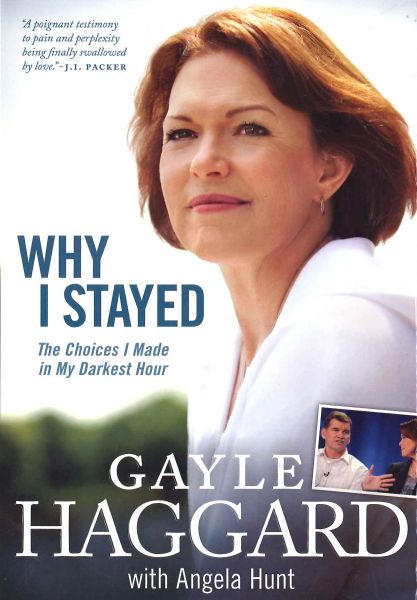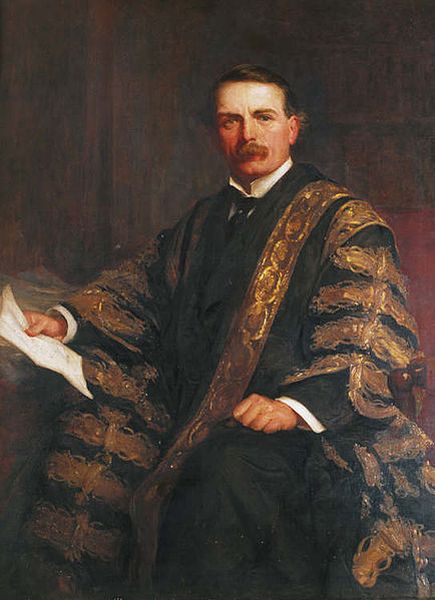As a cultural anthropologist, people often find what I do very interesting. They like to hear about my time in the Philippines or subsequent travels to “out of the way” places. But even though it is interesting, many still think it is not terribly relevant.
I’ve come to believe that anthropological knowledge is more than interesting—for the Christian, it is imperative.
We can often see the benefit of anthropology for missionaries; but what’s the relevance for “the rest of us”? The fact is, most evangelical Christians now live outside of North America or Europe. They are not to be relegated simply as subjects of mission, but our brothers and sisters in Christ. Understanding what God is doing in these places is not about “them,” it is about us—the global church. Sure, we can live “good” Christian lives with no knowledge of other Christians whatsoever, just as we can come to a saving faith by simply reading Romans and nothing else. But God desires that we would know the richness of His Kingdom (Eph. 2.7), not just the minimum.
Moreover, increasing numbers of people are in contact with “cultural otherness,” whether through short-term service trips, or among cultural minorities in the U.S. Can we demonstrate love to people if we aren’t even sure how to communicate? A big hug and using first names are good ways to tell Midwesterners they are loved, but for a Christian in Zambia, or Hungary, or China, what is that big hug going to mean? More importantly, are we equipped to find out?
Most critically, anthropology has long held to the dictum that only in understanding others, do we understand ourselves. White Northern Americans are no less steeped in culture than the brown nomad living on the plains of the Sudan. Even our understanding of God’s revelation is inexorably linked with our cultural context. Wheaton alumnus and anthropology major Billy Graham ’43, Litt.D ’56 once said that if he could go back, he would have gotten a Ph.D. in anthropology to understand race relations and inequality in the United States. (When students ask what to do with a major in anthropology, I love saying that it can lead to a career in worldwide evangelism.)
Understanding the relevance of anthropology to the whole church is coming slowly in Christian circles. Only five of 115 schools in the Council of Christian Colleges and Universities (CCCU) offer a major in anthropology. But when a student leaves my class understanding that the U.S. church is culturally unique, but not perfect; knowing why we should learn from those who, though they are culturally different from us, are still our Christian siblings; and realizing that culture is part of God’s design, not a consequence of sin—I know again why He brought me to Wheaton.
Dr. Brian Howell, Assistant Professor of Anthropology, holds a Ph.D.from Washington University in St. Louis and joined Wheaton’s faculty in 2001. He specializes in global Christianity and has published work from his research on Baptists in the Philippines in various journals in addition to presenting it at international conferences. He is often asked to address student groups on topics such as cross-cultural ministry, gender, and popular culture. He and his wife, Marissa Sabio, have three children. (Wheaton Magazine, Spring 2005).



